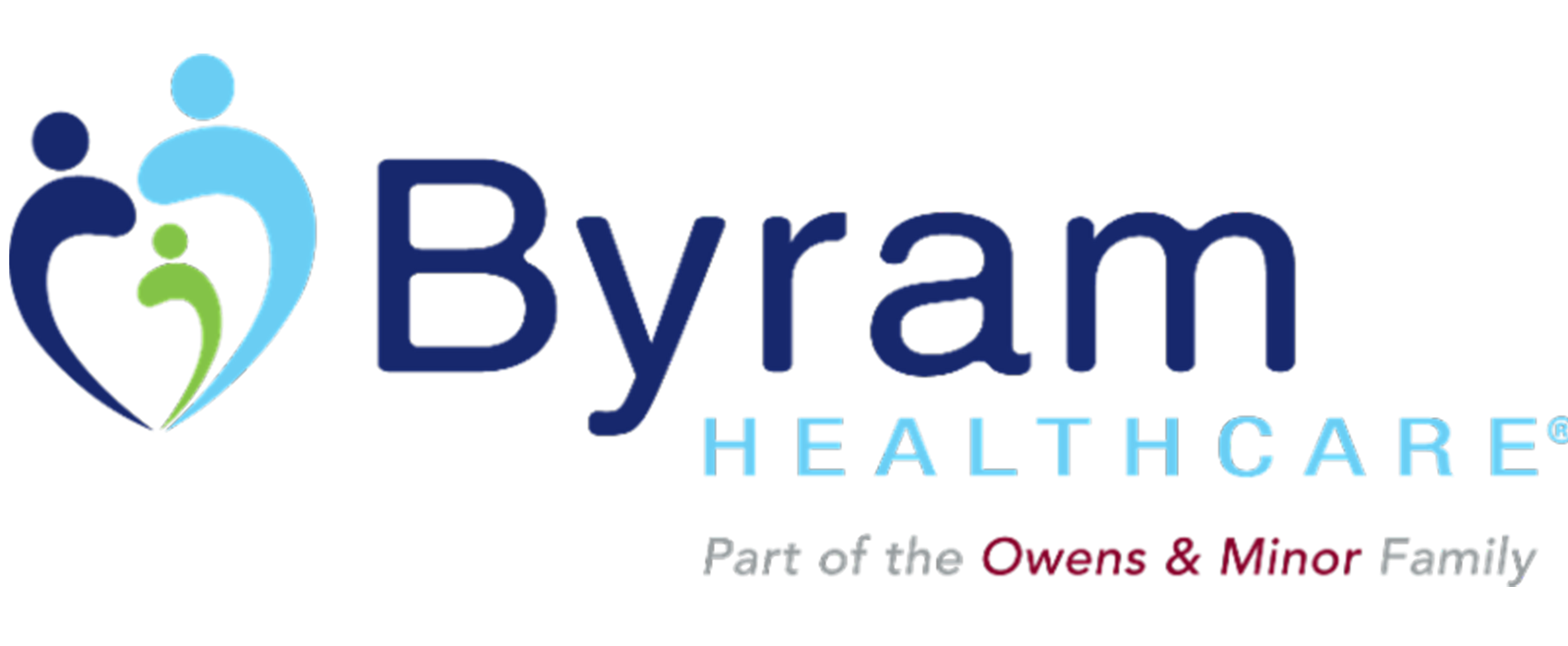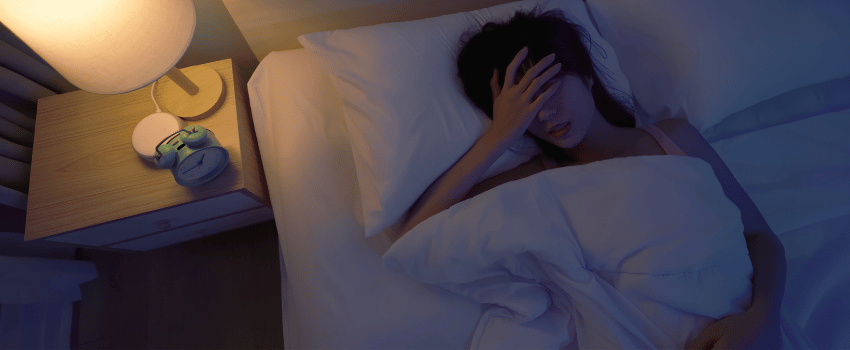
Testicular cancer is a type of cancer that affects the testicles or testes. It’s a rare form of cancer, but it still occurs in some males. Luckily, testicular cancer survival rates are high, especially when found early. That’s why it’s so important to know the most common symptoms of testicular cancer and when to see a doctor. Learning the signs and keeping an eye out for them are the best ways to ensure that you get the appropriate treatment in a timely manner.
Symptoms of Testicular Cancer
If you have testicular cancer, there are a number of different signs or symptoms that may present themselves. Other times, the cancer could be asymptomatic. Regular screenings with your doctor will help you stay safe and catch problems early on. Symptoms of testicular cancer include:
- A lump or enlargement in either testicle.1
- A feeling of heaviness in the scrotom1
- Change in the general feel or firmness of the scrotum4
- A dull aching in your abdomen or groin area1
- A sudden collection of fluid in the scrotum1
- Pain or discomfort in the testicles or scrotom1 either with or without swelling
- Enlargement or tenderness of the breasts1 due to hormonal fluctuations—a condition called gynecomastia4
- Swelling of one or both legs4
Advanced Testicular Cancer Symptoms
In addition to some general signs and symptoms of testicular cancer, there are a few signs of advanced cancer. If you experience lower back pain or belly pain consistently, the cancer may have spread to the lymph nodes.5 If testicular cancer spreads to the lungs, you’ll experience shortness of breath, chest pain, or a cough that may or may not include phlegm and/or blood.5 Finally, if you have be regularly occurring headaches or experience sudden bouts of confusion, it could be a sign that cancer has spread to the brain.5
While these symptoms rarely present themselves without first showing some of the earlier signs, advanced testicular cancer is harder to treat and more serious. Talk to your doctor immediately if you’re experiencing any signs or symptoms.
While all of these symptoms could indicate testicular cancer, having them is not a definitive diagnosis of testicular cancer. Talk to your doctor to receive the proper diagnosis.
Causes of Testicular Cancer
As with a lot of cancers, there isn’t enough information to definitively say what causes testicular cancer.1 Cancer occurs in your body when cells undergo unhealthy mutations that create abnormalities and start to reproduce.1 When the cellular abnormalities start to rapidly accelerate in growth, a mass is formed.1 Sometimes these masses are benign and other times they’re malignant—a medical diagnosis is the only way to be sure of the presence of cancer.
In over 90% of testicular cancers, the growth starts as germ cells—the cells that make sperm.2 There are other origins of testicular cancer, but they’re rare. There are two different main types of germ cell tumors (GCTs) called seminomas or non-seminomas.2
- Seminomas – this is the most common type of testicular cancer.2 Seminomas have a slower growth rate and tend to respond well to chemotherapy and radiation treatments, especially when caught early.2
- Non-seminomas – there are a couple different types of non-seminomas, all of which grow more rapidly and tend to be more aggressive forms of testicular cancer.2 Surgery may be recommend to increase survival rates and reduce the spread of the cancer.
Risk Factors of Testicular Cancer
Unfortunately, there is no direct way to prevent testicular cancer.1 To keep your body as healthy as possible, it’s important to eat a nutritious diet, avoid high amounts of processed food, get regular exercise, manage your stress levels, don’t smoke, and know your risk factors.
If you have any of the following risk factors, you’re more likely to develop testicular cancer. Talk to your doctor today and make sure that you undergoing regular self-examinations and urologist visits.
- Klinefelter syndrome, which is a condition that causes the testicles to develop abnormally1
- Cryptorchidism, or an undescended testicle.1
- Family history of testicular cancer
- Men between the ages of 15 and 35 are more at risk, but testicular cancer can occur at any age1
- Race—white men are more at risk than other races.1
Detecting Testicular Cancer
The first sign of testicular cancer tends to be a lump on the testicle or general swelling and changes in size.5 For this reason, it’s a good idea to make sure and perform self-examinations. If you find anything during self-examination, medical examinations will help confirm the underlying problem. Detecting testicular cancer early helps increase the chances of making a full recovery.
Self-Examinations
The best time to perform self-examinations is after a warm bath or shower when the scrotum is relaxed and you’re standing upright.2 Be sure to perform your self-examinations under the same conditions every month for consistency.
Check each testicle thoroughly by gently, but firmly, rolling it between your thumb and forefingers.2 A slight variation in size between the two is normal, but they should be similar in firmness. Check your epididymis and vas deferens and look for anything that doesn’t feel normal.
If you catch a tumor early, it will be the size of a small marble or pea, but as the cancer progresses the tumor can grow much larger.4 Remember that simply feeling a lump doesn’t indicate cancer. Lumps can form due to cysts, enlarged blood vessels, a buildup of fluid, or hernias.4 Always call your doctor to schedule a consultation if you feel any lumps or changes in the size of your testicles.
Medical Examinations
Medical exams will start with a physical examination, so make sure to tell your doctor of any family history or risk factors you have. A testicular ultrasound is then done to see inside the scrotum and analyze any lumps.2 If there are any chances that cancer has spread, your urologist will likely order further imaging tests. Finally, your urologist will do a blood test to check for tumor markers such as AFP, HCG, and LDH levels.
When to See a Doctor
While some doctors consider regular, monthly testicle self-examinations enough, it isn’t a failsafe way to ensure that you’re cancer-free. If you have any concerns whatsoever, don’t rely on in-home tests. Instead, schedule an appointment with your urologist to discuss your concerns and undergo the necessary tests.
The best time to see a doctor is as soon as you notice any changes in your body or if you begin to experience any of the symptoms listed above that last for longer than two weeks. If you notice physical changes, the sooner you see a doctor the better. The earlier that testicular cancer is caught and treated, the better you’ll be able to fight it. When you find late stage testicular cancer, the survival rates drop. So it’s better to talk to your doctor sooner rather than later.
It’s important to remember that many symptoms of testicular cancer can also symptoms of other, less serious issues. However, seeing a doctor is essential to getting a proper diagnosis.
Treatment of Testicular Cancer
If you’ve been diagnosed with testicular cancer, it’s important to work with a trusted team of doctors to create a treatment plan that works for you. Different stages of testicular cancer will require different treatment plans. Luckily, testicular cancer tends to have a higher survival rate than other types of cancers, especially when caught early.3
Stages of Testicular Cancer
Treatment will depend on the stage of the testicular cancer. Early stages are much easier to treat, as they haven’t yet spread to other areas in your body. Below are the basics of each stage of testicular cancer.
- Stage 0 – this is a warning that cancer could eventually grow and is commonly referred to as Germ Cell Neoplasia In Situ (GCNIS).2
- Stage I – cancer is localized in the testicle.2
- Stage II – cancer has spread to one or more lymph nodes in the abdomen.2
- Stage III – cancer has spread beyond the abdominal lymph nodes; far from the testes.2 There are different classifications of stage III testicular cancer, which depend on where the cancer has spread.
Conclusion
Knowing what to look for is essential in catching any signs or symptoms of testicular cancer early. If you notice anything strange, schedule an appointment with your urologist to get a proper diagnosis. If you need any urological supplies or educational resources, visit our educational support page or our product selection guide. Byram Healthcare is proud to offer full-service urological care and we have all the high quality urological supplies that you need. If you need to order any urological supplies, all of your orders can be discreetly delivered to your home, at any time of the day. If you have any urological questions or need personalized, confidential services, our teams of knowledgeable urological customer service specialists are here to help.
Sources:
1https://www.mayoclinic.org/diseases-conditions/testicular-cancer-care/symptoms-causes/syc-20352986
2https://www.urologyhealth.org/urologic-conditions/testicular-cancer
3https://www.webmd.com/cancer/do-i-have-testicular-cancer#1
4https://www.cancer.net/cancer-types/testicular-cancer/symptoms-and-signs
5https://www.cancer.org/cancer/testicular-cancer/detection-diagnosis-staging/signs-and-symptoms.html



